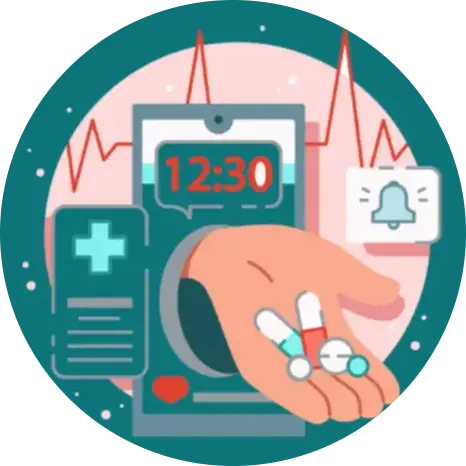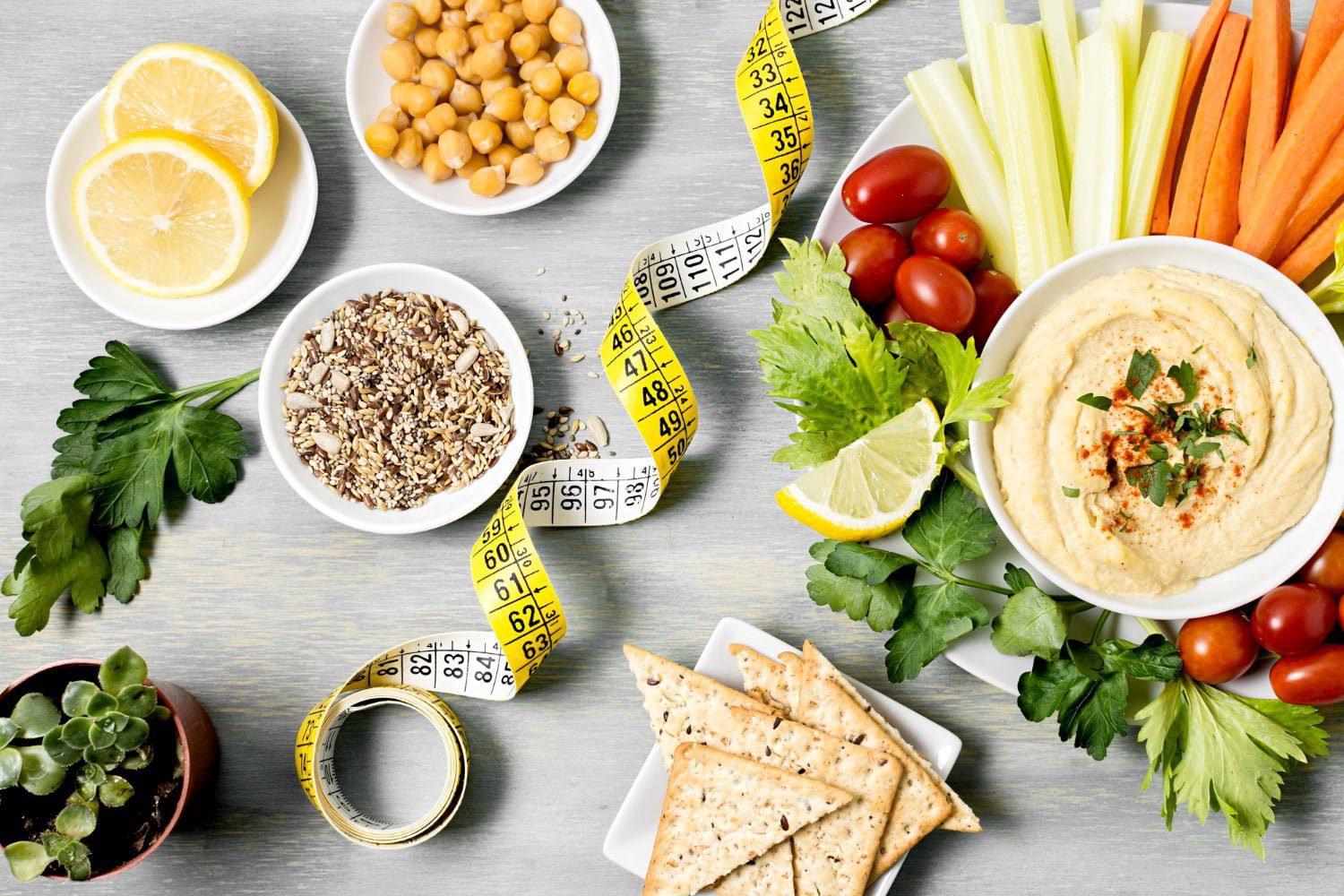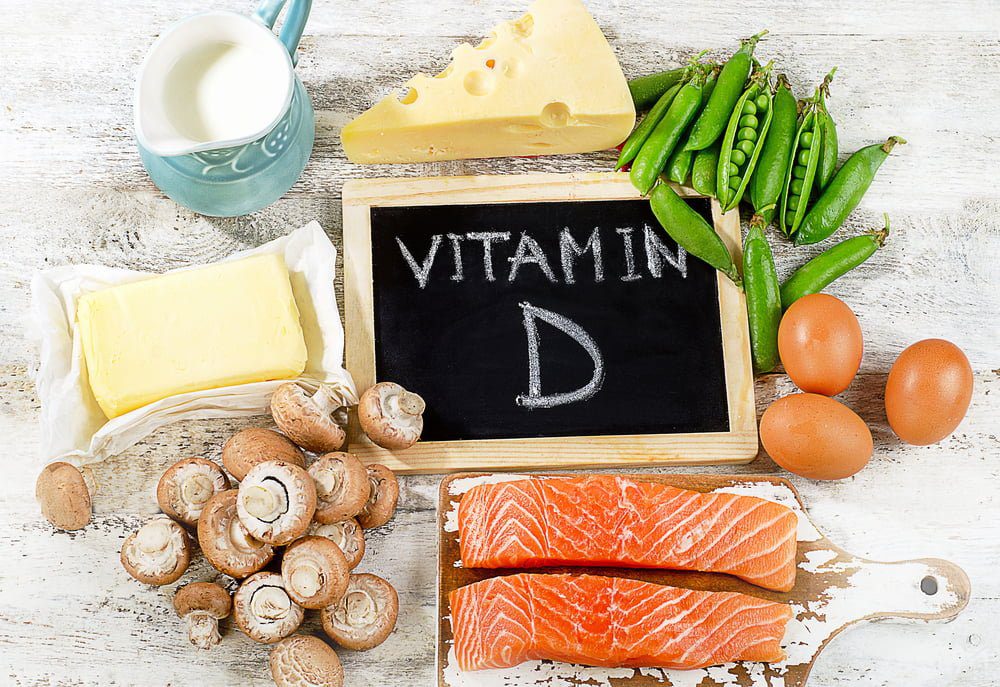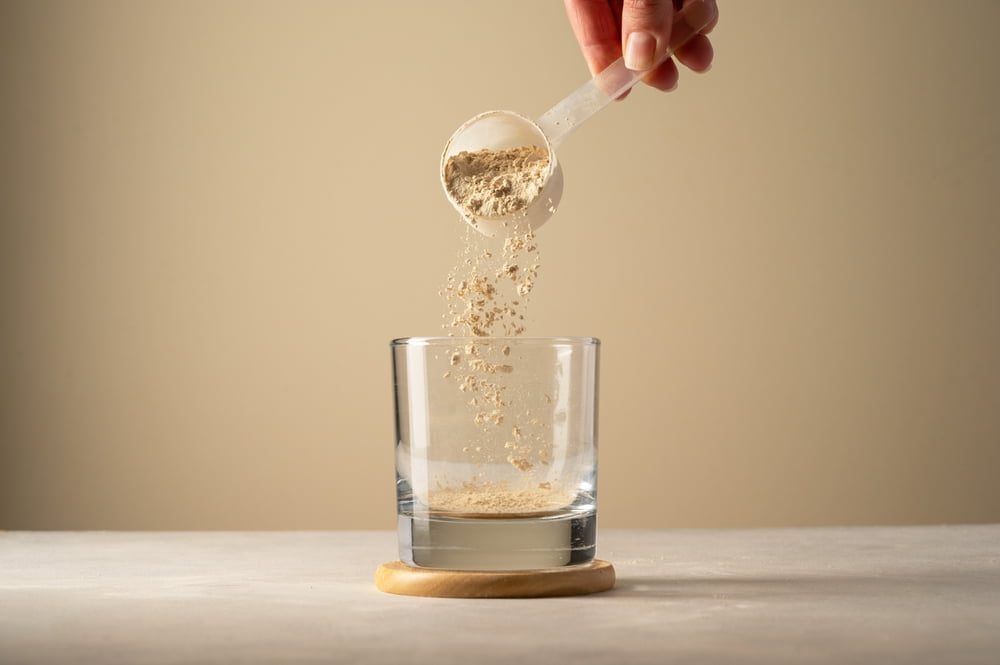Eating too many calories in a day can have serious health consequences. Consuming too many calories can lead to weight gain, as well as other possible health risks such as diabetes, heart disease, and high blood pressure. Knowing what happens when you eat too many calories is an important part of maintaining a healthy lifestyle. In this article, we will discuss the potential effects of eating too many calories in a day, as well as tips for managing calorie intake.
What Happens If You Eat Too Many Calories in a Day?
1. Weight Gain.
Eating too many calories in a day can lead to weight gain, as the body stores excess calories as body fat.
2. Poor Digestion.
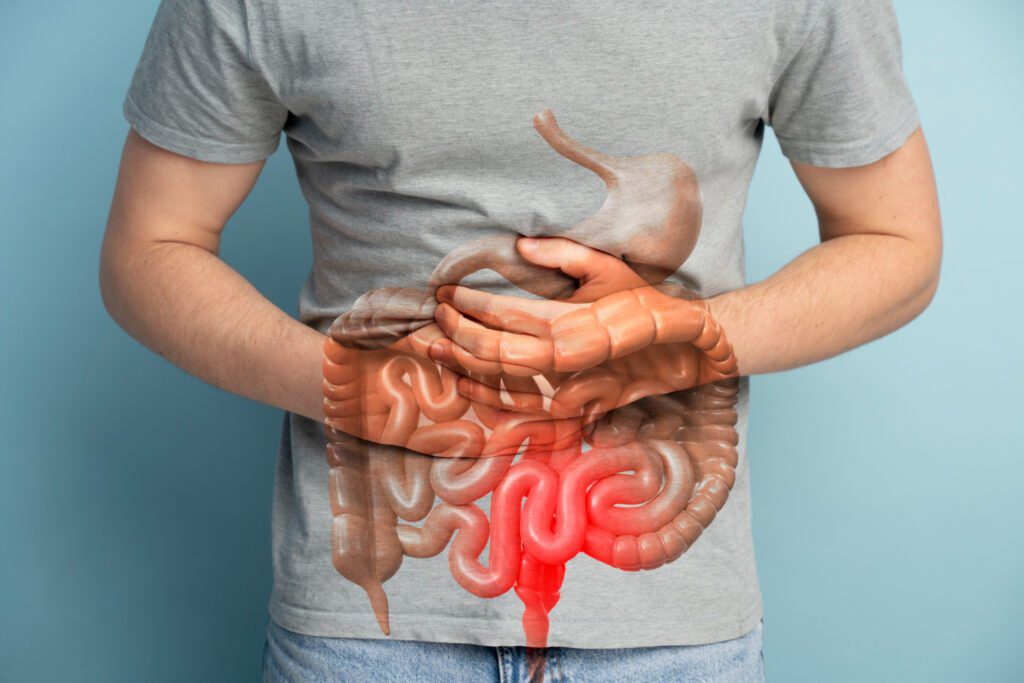
When you eat too much, your digestive system has to work harder to break down the extra food, leading to slower digestion, indigestion, and other digestive problems.
3. Low Energy Levels.
Eating too many calories in a day can lead to fatigue and low energy levels due to the body expending extra energy to process the extra food.
4. High Blood Sugar.
Eating too many calories in a day can lead to high blood sugar levels as the body is unable to use all the excess glucose.
5. Poor Blood Lipid Profile.
Eating too many calories in a day can lead to an unhealthy blood lipid profile, as the body is unable to process all of the fat that comes with the extra calories.
6. Increased Risk for Heart Disease.
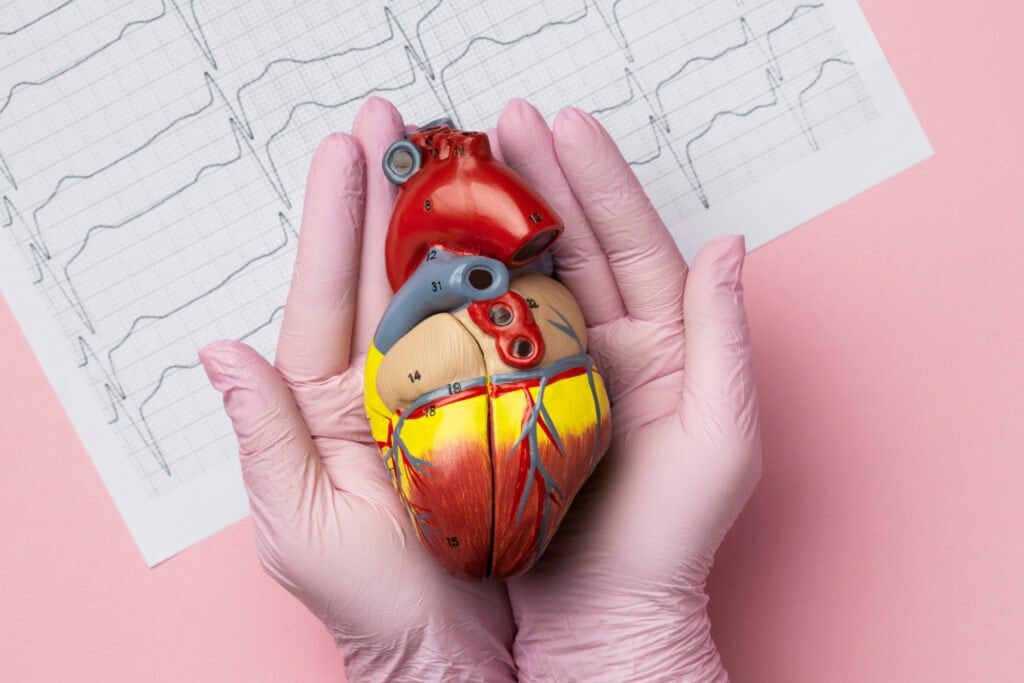
Eating too many calories in a day can increase the risk for heart disease, as the excess calories can damage the heart and its surrounding blood vessels.
7. Increased Risk for Diabetes.
Eating too many calories in a day can increase the risk for diabetes, as the body is unable to process all of the glucose in the bloodstream.
8. High Blood Pressure.
Eating too many calories in a day can lead to high blood pressure as the body is unable to process all of the extra fat and salt in the blood stream.
9. Increased Risk for Certain Cancers.
Eating too many calories in a day can increase the risk for certain types of cancers, such as breast and colon cancer, as the body is unable to process all of the extra fat and calories.
10. Poor Mental Health.
Eating too many calories in a day can lead to poor mental health as the body is unable to process and use the extra energy, leading to feelings of depression, anxiety, and other mental health issues.
tips for managing calorie intake.
1. Track your daily calorie intake.
Keeping track of how much you’re eating is key to managing your calorie intake. Download an app like MyFitnessPal or use a food diary to write down everything you eat and drink.
2. Eat slowly and mindfully.
Eating slowly and mindfully can help you pay attention to your hunger and fullness cues so you can stop eating when you’re satisfied, not overstuffed.
3. Choose nutrient-dense foods.
Instead of focusing on counting calories, focus on eating nutrient-dense foods that are packed with vitamins, minerals, and fiber.
4. Drink plenty of water.
Drinking lots of water can help you feel full and reduce your appetite.
5. Cut back on added sugars and processed foods.
Added sugars and processed foods are often high in calories and low in nutrition. Limiting these kind of foods can help you reduce your calorie intake.
6. Eat regular meals.
Eating regular meals can help you stay on track with your calorie goals and prevent overeating.
7. Get plenty of sleep.
Not getting enough sleep can lead to increased hunger and cravings, which can make it harder to manage your calorie intake.
Bottom Line.
If you eat too many calories in a day, it can lead to weight gain and health issues such as diabetes, heart disease, and high cholesterol. Eating a balanced diet and exercising regularly can help you maintain a healthy weight and reduce the risk of developing these health issues. It’s important to be mindful of how many calories you are consuming each day and make sure you are getting enough nutrients from a variety of healthy foods.

 Workout
Workout
 Meditation
Meditation





 Contact Us
Contact Us